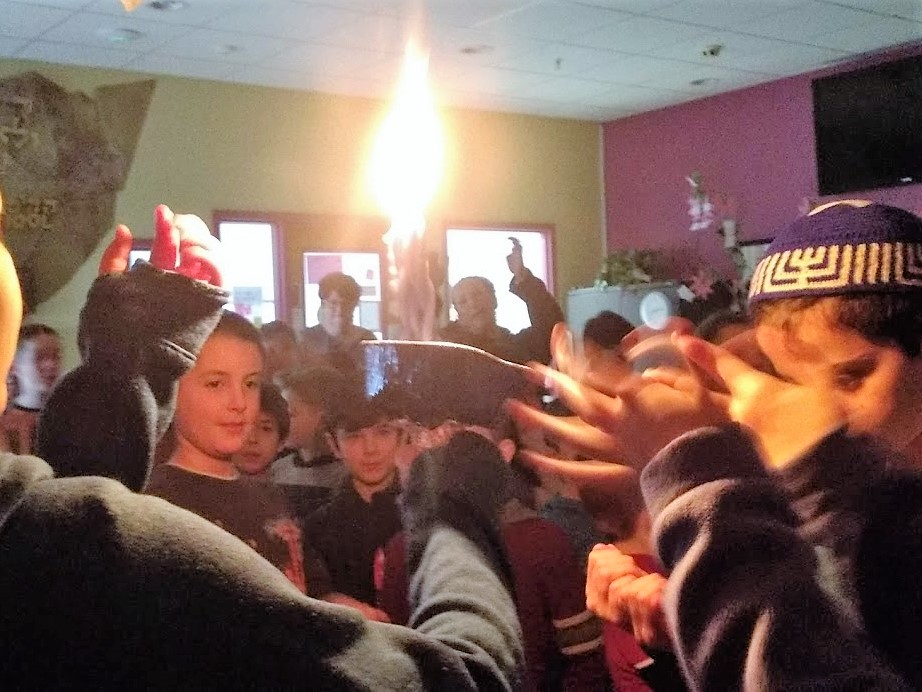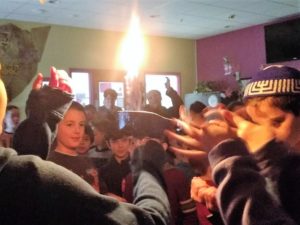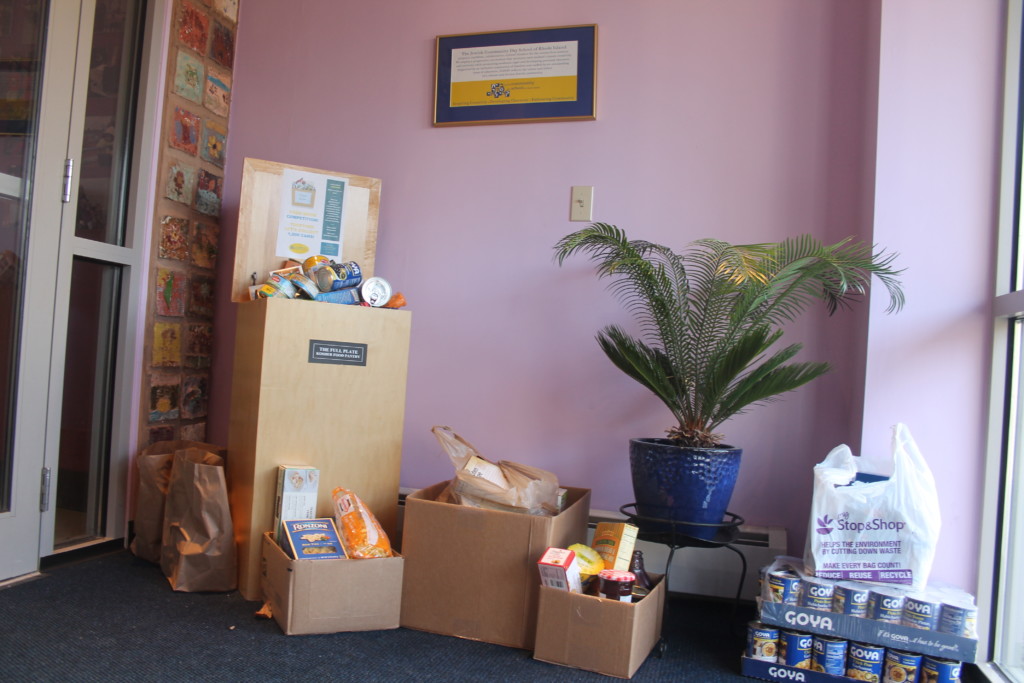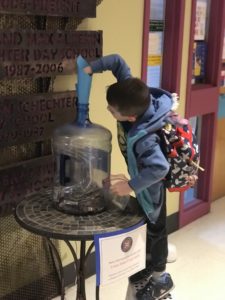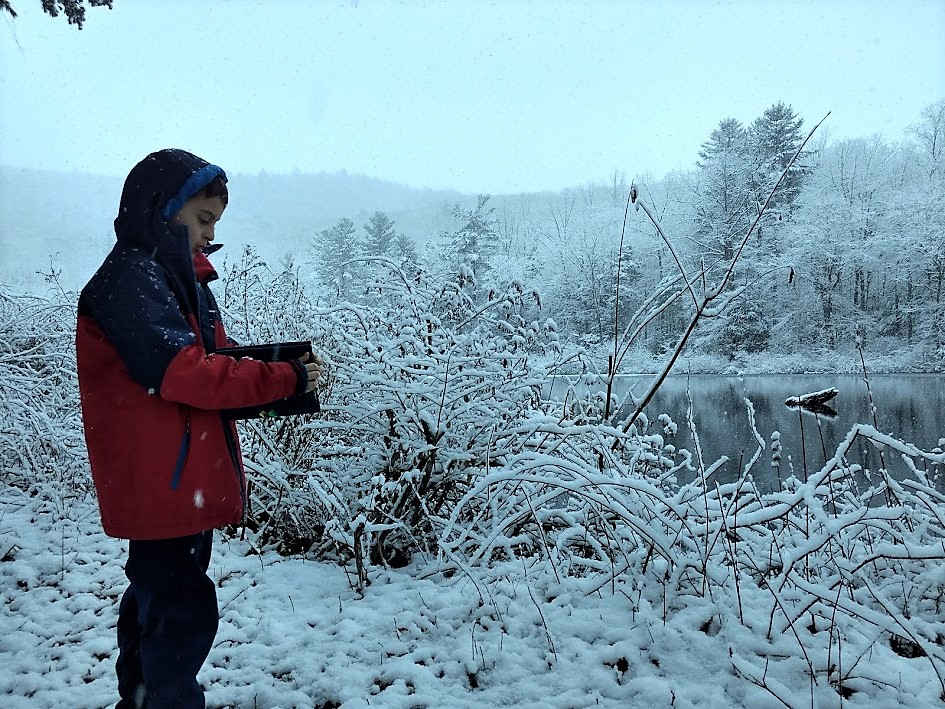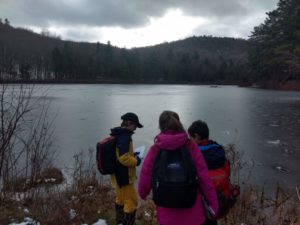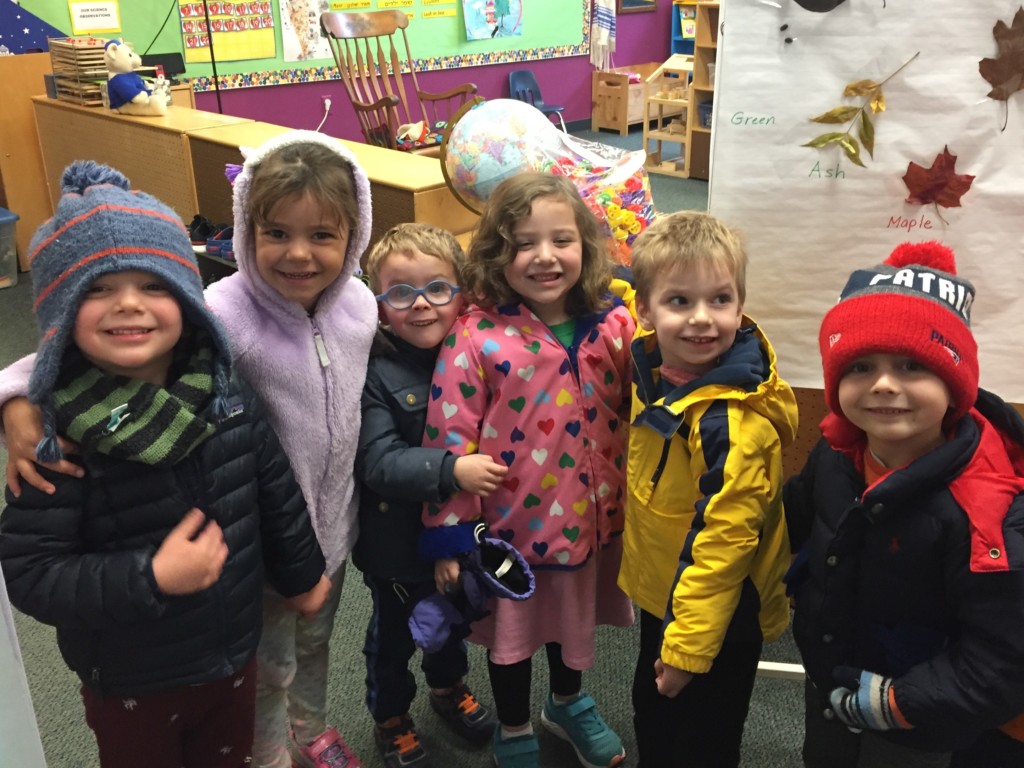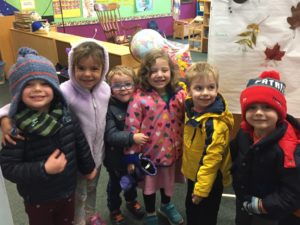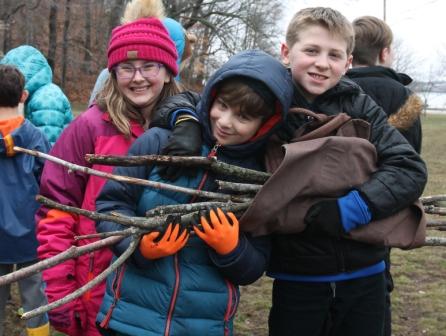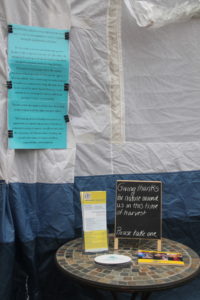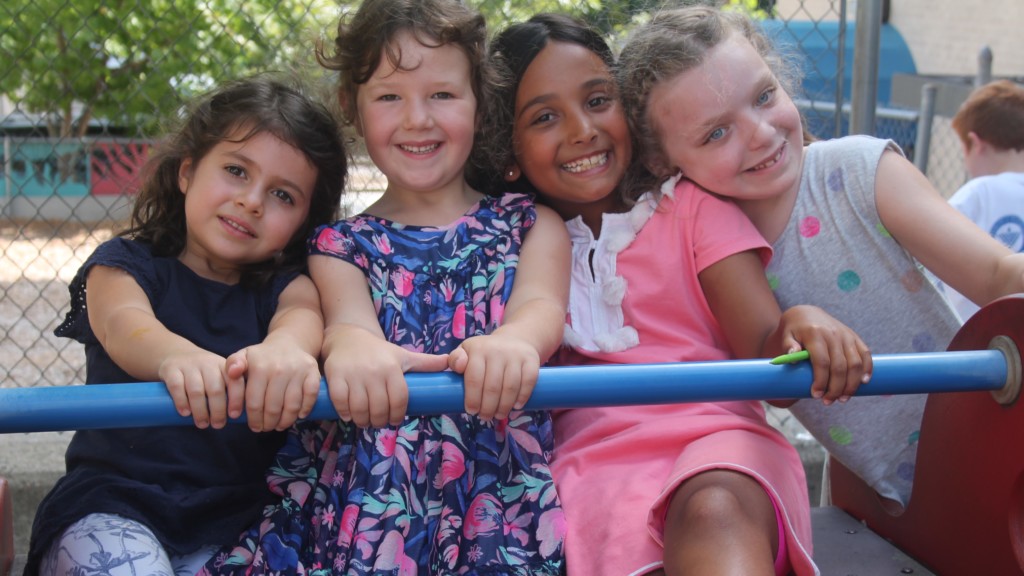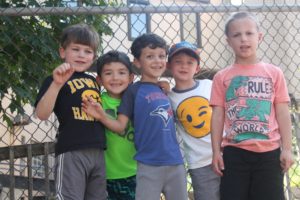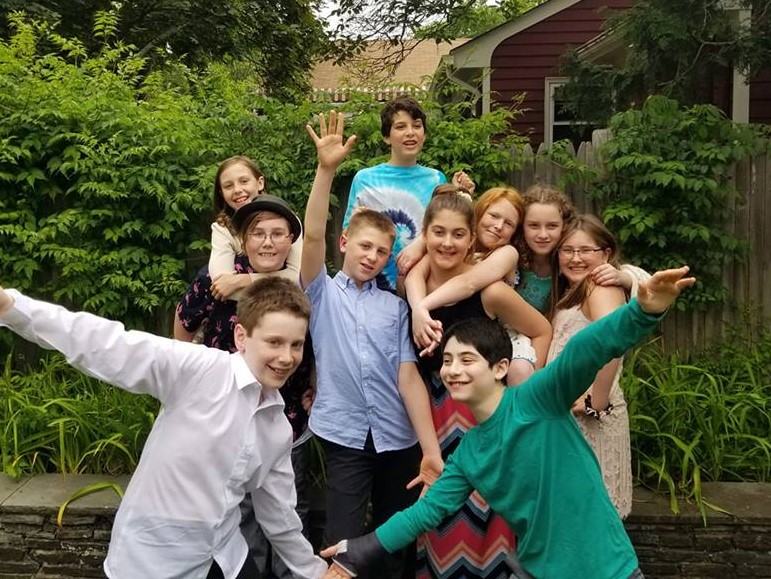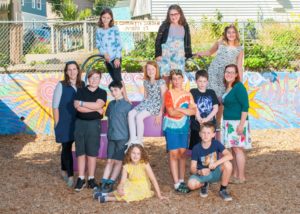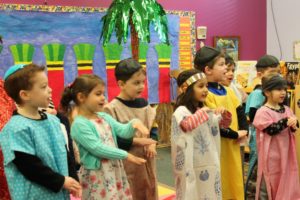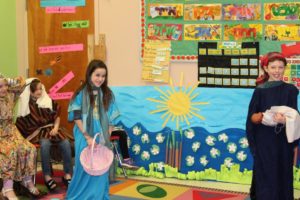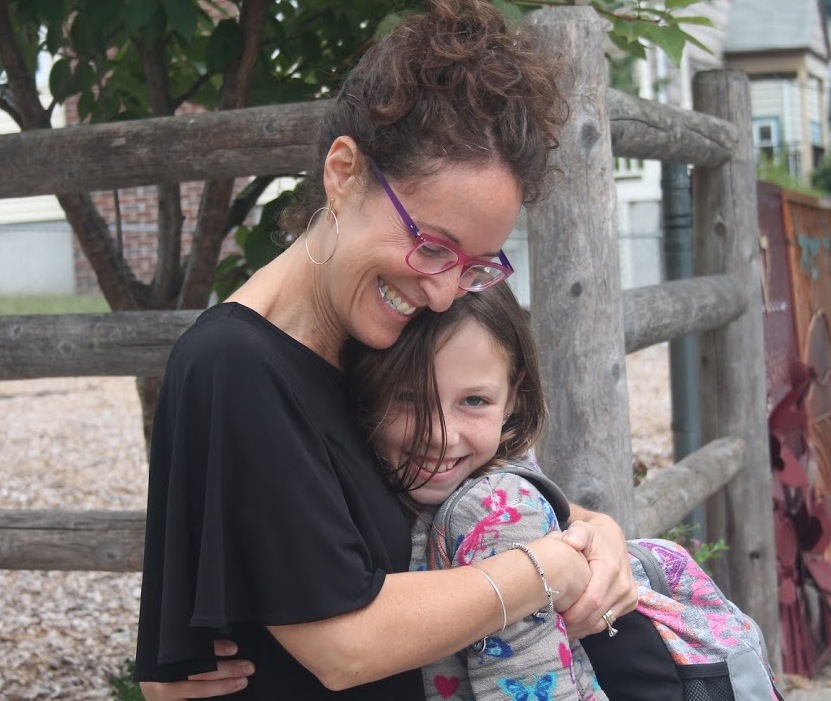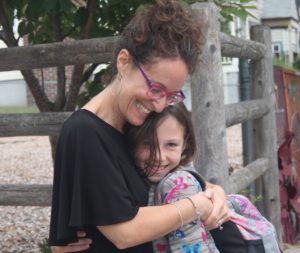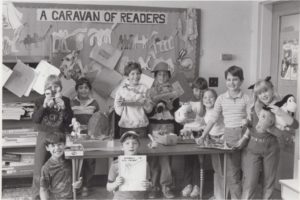 Last month, over 200 guests, including current families, alumni, teachers, friends and donors, celebrated our school‘s four decades of impactful education during our Gala. It is not a coincidence that the celebration occurred right before Passover. After all, Passover is a holiday that, perhaps more than any other, reminds us of the importance of education, of peoplehood, and of courage.
Last month, over 200 guests, including current families, alumni, teachers, friends and donors, celebrated our school‘s four decades of impactful education during our Gala. It is not a coincidence that the celebration occurred right before Passover. After all, Passover is a holiday that, perhaps more than any other, reminds us of the importance of education, of peoplehood, and of courage.
I am reminded of a midrash, the People of Israel are standing on the shore of a sea. Water – deep and wide – stretches out before us. Behind us, an army of Egyptian horsemen is advancing quickly. Moses receives the message from God that we are to cross the sea. He urges us forward – but the water is too deep, too rough, too dangerous. Suddenly, we hear a cry and see a man – Nachshon – jump into the water. He stands, starts moving forward . . . and just as the water reaches his neck, the sea parts. For a moment we are stunned – and then in a great rush, we cross over the dry sea bed, leaving the Egyptians to be swallowed by water.
What was it that drove Nachshon into the sea? I think it was his understanding that faith alone – while a profound and powerful force – was not enough to save us. Faith without action can leave us shackled and helpless. That may be why the Hebrew word for courage – ometz – is best translated as a “willingness to take action.”
Nachshon demonstrated ometz even in the face of seemingly insurmountable odds. I am grateful that in every generation, there have been courageous leaders following in Nachshon’s footsteps – including the founding families of our school. Like Nachshon, they worried about their children and their ability to live free, meaningful lives as Jews. Who would become the community’s future leaders, educators and caretakers? How would they teach their children that they were also part of a covenantal community – one that honors our sacred obligations to one another?
Using the model of Nachshon and so many others in our tradition, our founders courageously heeded the call v’sheenantam l’vanecha – teach them to your children. They founded a school: one that would be passionate about Jewish learning, value relationships, engage meaningfully in Jewish life, nurture a connection to Israel, embrace an egalitarian spirit, and commit to tikkun olam – the healing of the world.
JCDSRI still reflects these core values articulated by our founding families 40 years ago. And at the same time that we remember our origins, we also celebrate the ways in which we continue to renew ourselves for every generation. Throughout the years, we have been blessed with hundreds of individuals and families who have supported our school with courage – with ometz – a willingness to take action. This legacy – and our hope for the future – continues to be reflected in the lives of our children. We continue to understand that our future depends on the decisions and commitments we make today. May this exceptional school – founded by courageous families and sustained by all of us – continue ad meah v’esrim – until 120!

